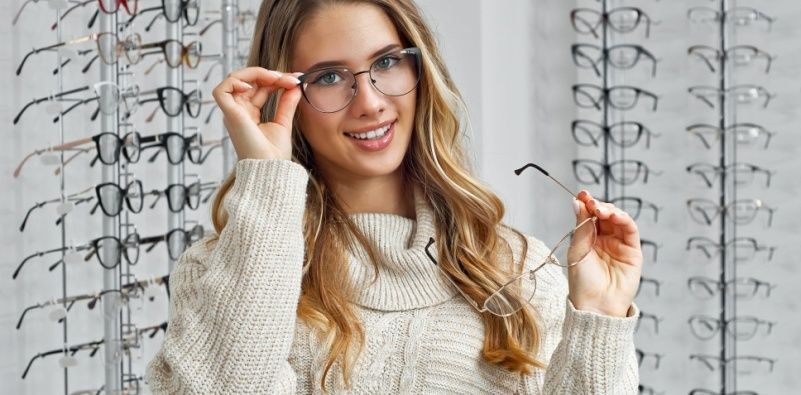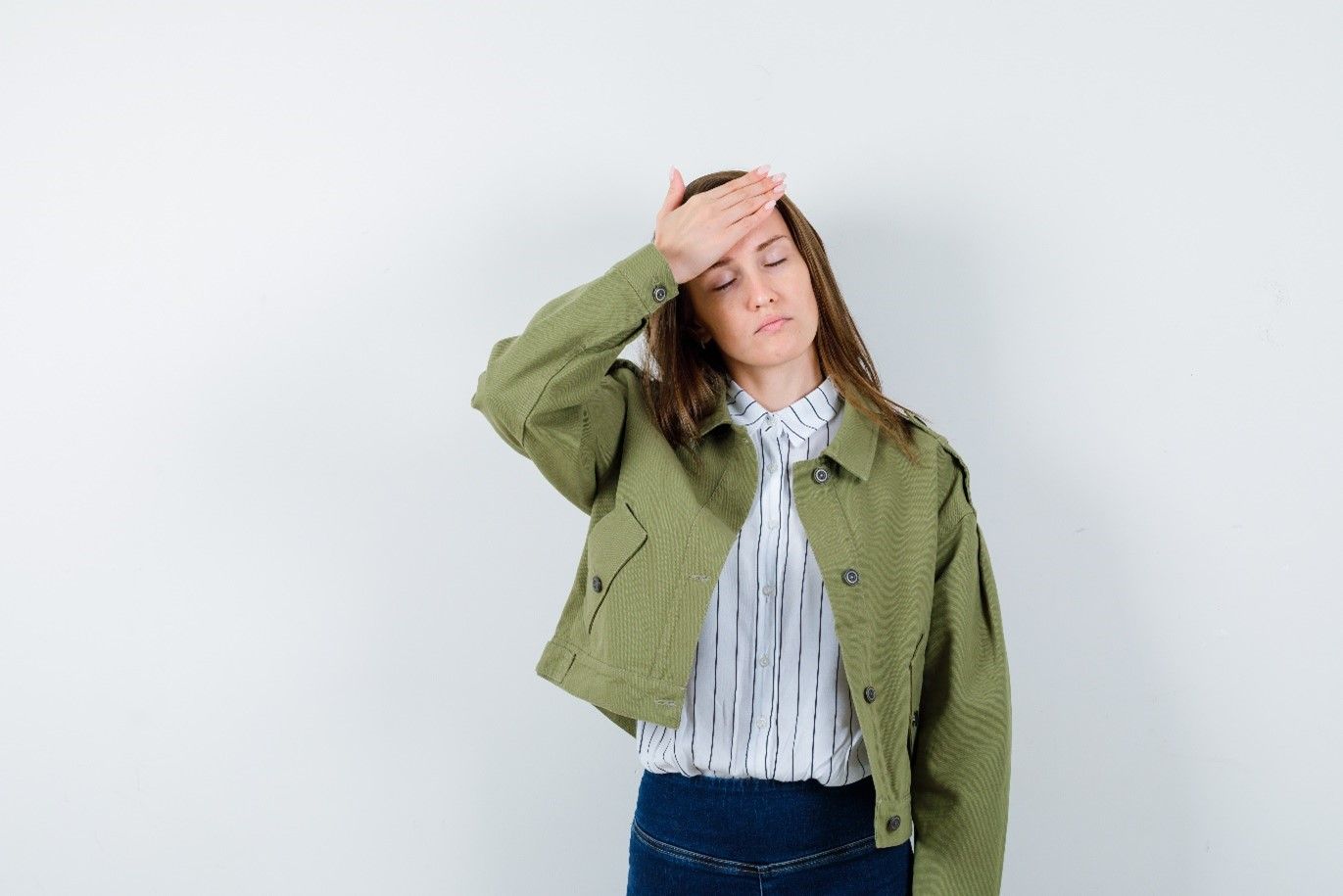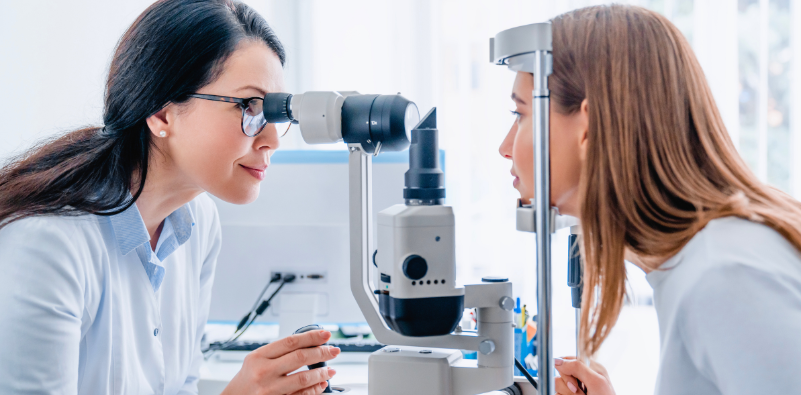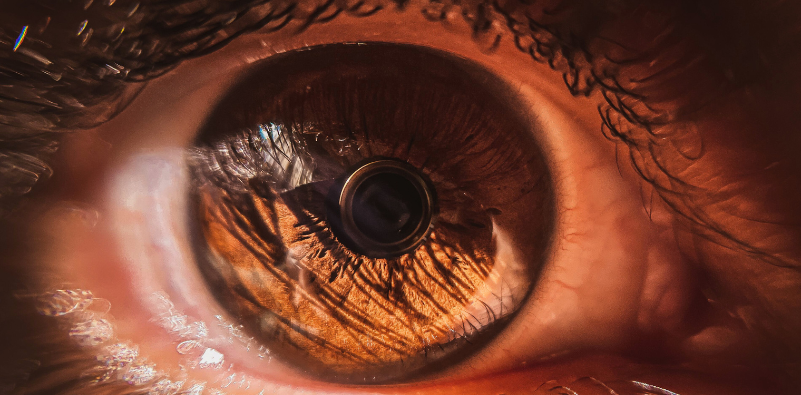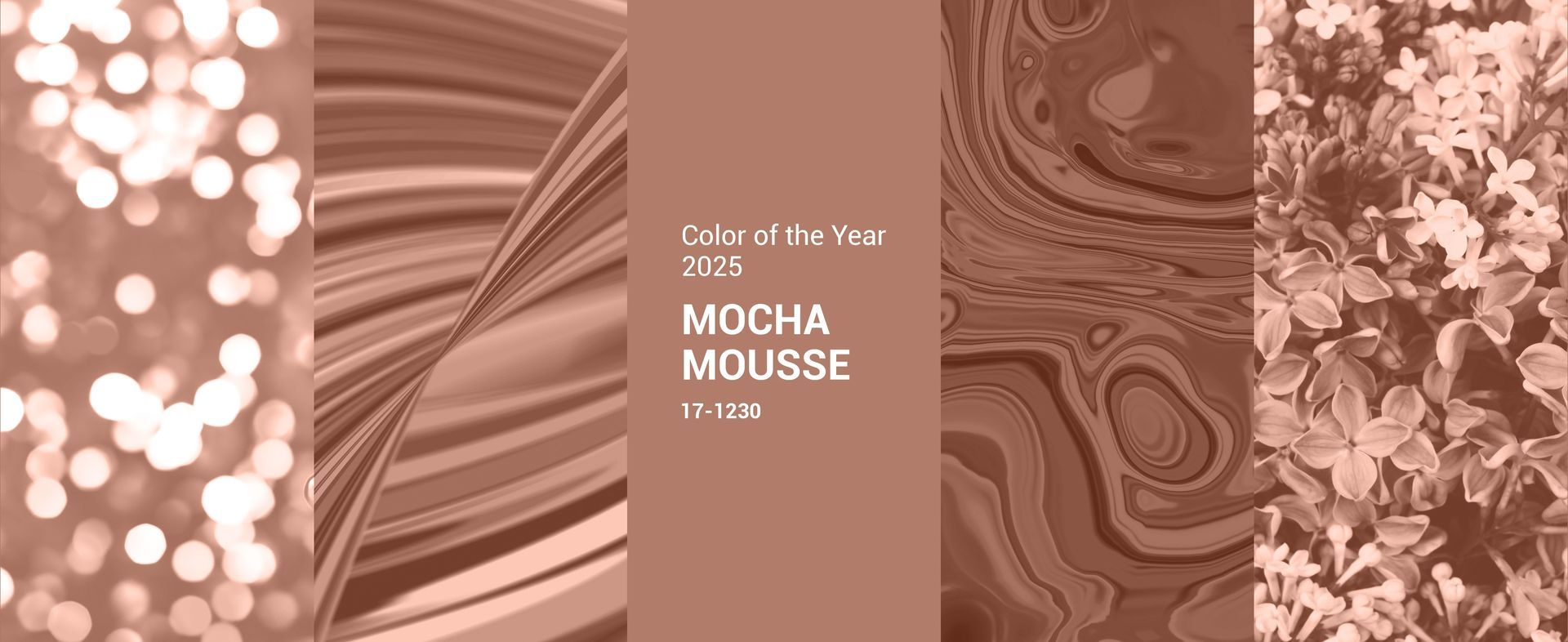Seeing Clearly on the Road
The Importance of the Right Glasses for Safe Driving
Driving for most of us is a fundamental part of our daily lives, offering us convenience and independence. However, ensuring road safety is not just about following traffic rules; it also involves taking care of our own capabilities, including our vision. Clear vision is crucial for safe driving, and wearing the right glasses can make a significant difference. In the bustling roads of Britain, where navigating diverse terrains and unpredictable weather is common, having the right glasses isn't just a matter of choice—it's a necessity.
Daytime Driving: The Right Lens for Clarity
A bright sunny day in Britain can be a beautiful sight, but it also brings glaring sunlight that can be blinding, making it difficult to see clearly. Prescription sunglasses or glasses with anti-glare coatings are essential to combat this issue. Properly tinted lenses not only enhance visibility but also reduce eye strain, ensuring you can focus better on the road ahead.
Night-time Driving: Dealing with Reduced Visibility
Night driving poses unique challenges due to reduced visibility. Glare from headlights, streetlights, and other vehicles can be blinding, especially for those with refractive errors. Special anti-glare coatings on your glasses can significantly reduce this effect, enhancing your ability to see clearly in low-light conditions. Additionally, wearing glasses with the correct prescription reduces the halo effect around lights, making it easier to judge distances accurately.
The Right Fit: Comfort and Safety Combined
Wearing the right prescription is essential, but so is ensuring that your glasses fit you well. Ill-fitting glasses can slip down your nose, causing distractions while driving. Moreover, they might not provide the optimal field of vision, leading to blind spots. Regular eye check-ups are crucial to ensuring you have the correct prescription. Opticians can also adjust your glasses for a snug fit, enhancing both comfort and safety.
Legal Implications: Stay on the Right Side of the Law
In the UK, driving with incorrect or inadequate vision correction is not just risky; it's illegal. Failing to wear the right glasses or contact lenses, if prescribed, can lead to severe penalties, including fines, points on your license, or even disqualification from driving. Regular eye tests are necessary not only for your safety but also to comply with legal requirements.
Wearing the right glasses is not just a matter of personal comfort; it directly impacts your safety and the safety of others on the road. By investing in the correct prescription lenses and ensuring a proper fit, you enhance your ability to react swiftly to changing road conditions, avoid obstacles, and make accurate judgements, making every journey safer and more enjoyable.
As responsible drivers, it's our duty to keep our vision in check. Regular eye tests, coupled with the right glasses, empower us to navigate the roads of Britain confidently. Remember, clear vision isn't just an asset; it's a lifeline on the road to a safer tomorrow.


